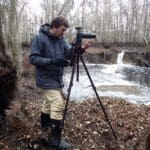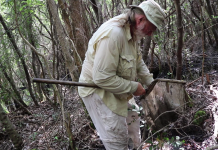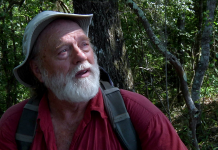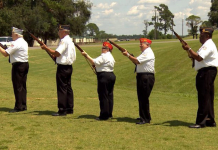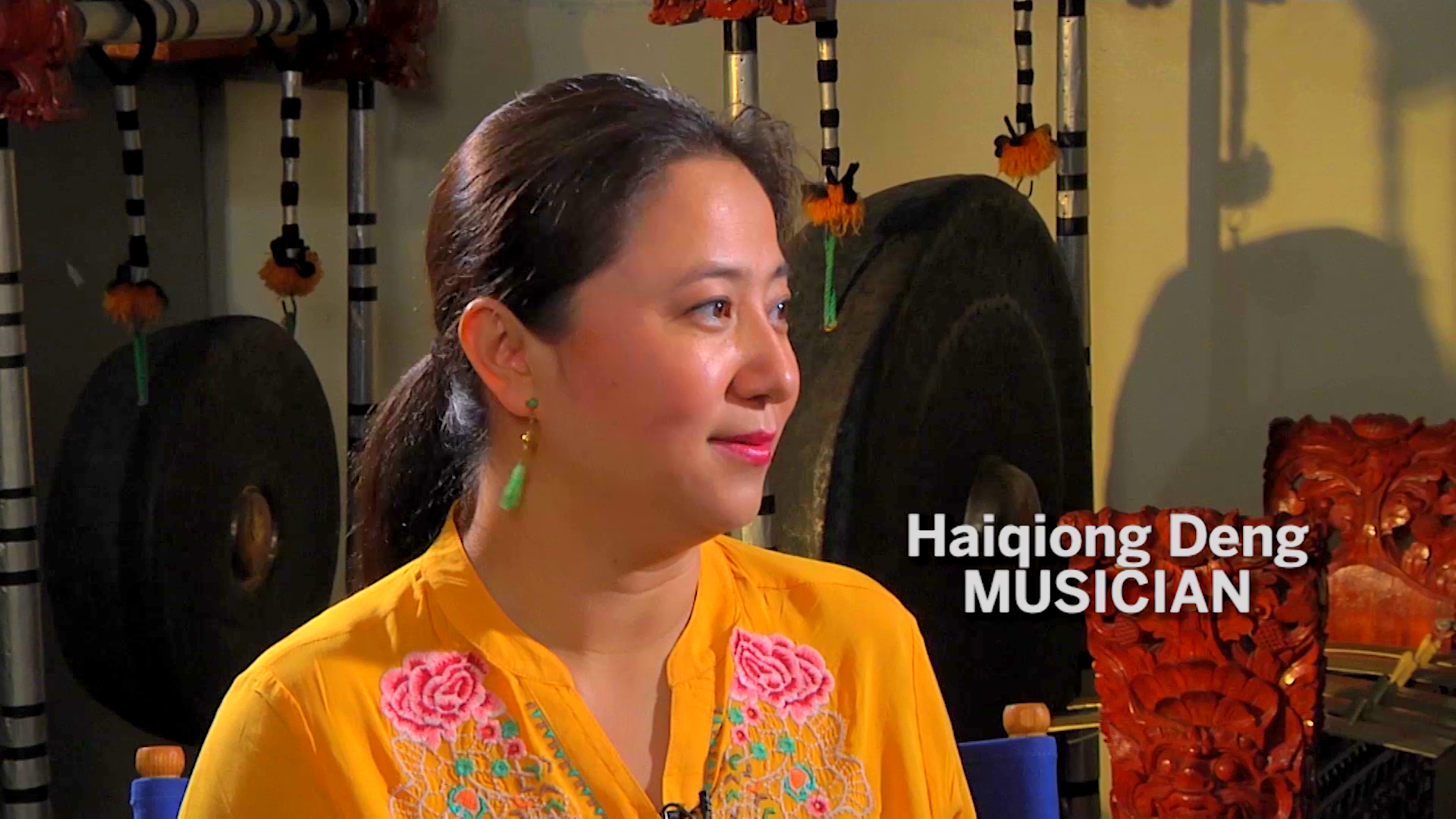

Haiqiong Deng began her life and musical career in northwest China. Her father started her learning music when she was only three years old.
“Throughout my memory, I’m with music. There is not a moment I’m off music. I went to the conservatory when I was twelve, so basically, all my life is about music and music training,” says Deng.
She moved to Tallahassee to study and received two Master’s degrees here. One is in Arts Administration and the other is Ethnomusicology. She is currently pursuing a PhD in Ethnomusicology.
When asked what it is about Chinese traditional music that inspires her, Haiqiong Deng responds, “Probably the most part, I would say, is the spiritual level because a lot of traditional Chinese music is not meant for public performance, but rather for self-cultivation. So the understanding of the depth and the meaning of the music took me years, you know. The more I play the music and the more I kind of dig into the beauty embedded under the melody. Many wonderful moments happened in the process of this very nuanced interpretation or very subtle artistic expressions.”
Deng plays two stringed instruments when she performs her music.
The first is called a qin. Its history can be traced back to the beginnings of Chinese civilization and Confucius was actually an exiled qin player. Haiqiong describes the quality of this instrument, “The sound of the qin is not loud. It is kind of very intimate. That is an instrument that is associated closely with Chinese literaries or scholars, favored by them. So there are a large amount of treatsies written about the qin. About the timbers, the colors that the qin can bring out. The most important is the philosophical feeling that the instrument can bring out.”
She also plays a zheng. Haiqiong explains the difference between the two instruments. “Zheng also has a very long history. From the structure of the instrument, there is a bridge under each string and there are twenty-one strings. It is moveable. On the zheng, we pluck on the right side using our right hand and bend on the left side to produce all kinds of embellishment or static standings. But on the qin, there are no frets, no bridges. You pluck and you use the left hand to slide up and down to make all sort of articulations.”
Haiqong Deng doesn’t have any albums coming out in the near future, but she does have one that was nominated for an Independent Music Award in the World Traditional (song and album) category last year that focused on traditional Master zheng pieces.
“That CD was interesting. Even though the pieces were all traditional Chinese zheng music, the context was all about Tallahassee,” says Deng. “Because I have been so inspired so much by the natural surroundings in Tallahassee. It is so beautiful because when I practice in my backyard, my backyard is adjacent to the woods and I can see the lakes. I can hear the birds flapping their wings in the lakes and I can see the water shimmering under the sunlight. Those moments give me this feeling that reflects in those pieces. There is something very related – nature and human beings are a big part of Chinese culture. Through music, through arts, we seek harmony between… you know, nature and human being and cultivate our inner self.”
Rob Diaz de Villegas is a senior producer for television at WFSU Public Media, covering outdoors and ecology. After years of producing the music program OutLoud, Rob found himself in a salt marsh with a camera, and found a new professional calling as well. That project, the National Science Foundation funded "In the Grass, On the Reef," spawned the award-winning WFSU Ecology Blog. Now in its tenth year, the Ecology Blog recently wrapped its most ambitious endeavor, the EcoCitizen Project.
Rob is married with two young sons, who make a pretty fantastic adventure squad.

